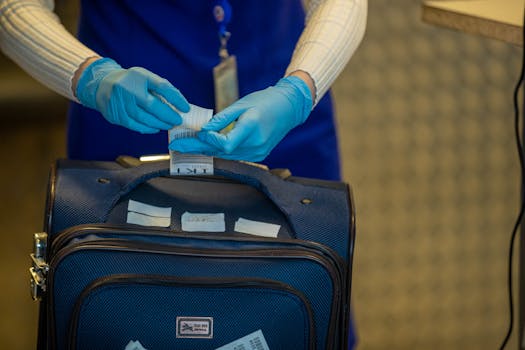You can start your career as a Merchant Navy officer cadet (deck) on an industry sponsored course at a maritime college or university.
You can choose a course that suits your needs, from a foundation degree, higher national certificate (HNC) or diploma (HND), up to a degree.
Subjects include:
- nautical science
- marine operations
- navigation and maritime science
Courses can last up to 3 years and include 12 months of onboard practical training spread over 5 phases. Phases 2 and 4 are spent at sea.
Alongside an academic qualification, you will get a professional qualification known as an unlimited Certificate of Competency. This is internationally recognised and allows you to work on ships anywhere in the world.
You will need to apply directly to a sponsoring company to do an officer cadetship. Your course costs will be funded by your sponsor and you will receive a bursary payment throughout your training.
Entry requirements for academic courses vary. Sponsoring companies may also have their own entry requirements beyond those needed for the courses themselves.
Entry requirements
You'll usually need:
- 1 or 2 A levels, or equivalent, for a foundation degree or higher national diploma
- 2 to 3 A levels, or equivalent, for a degree





